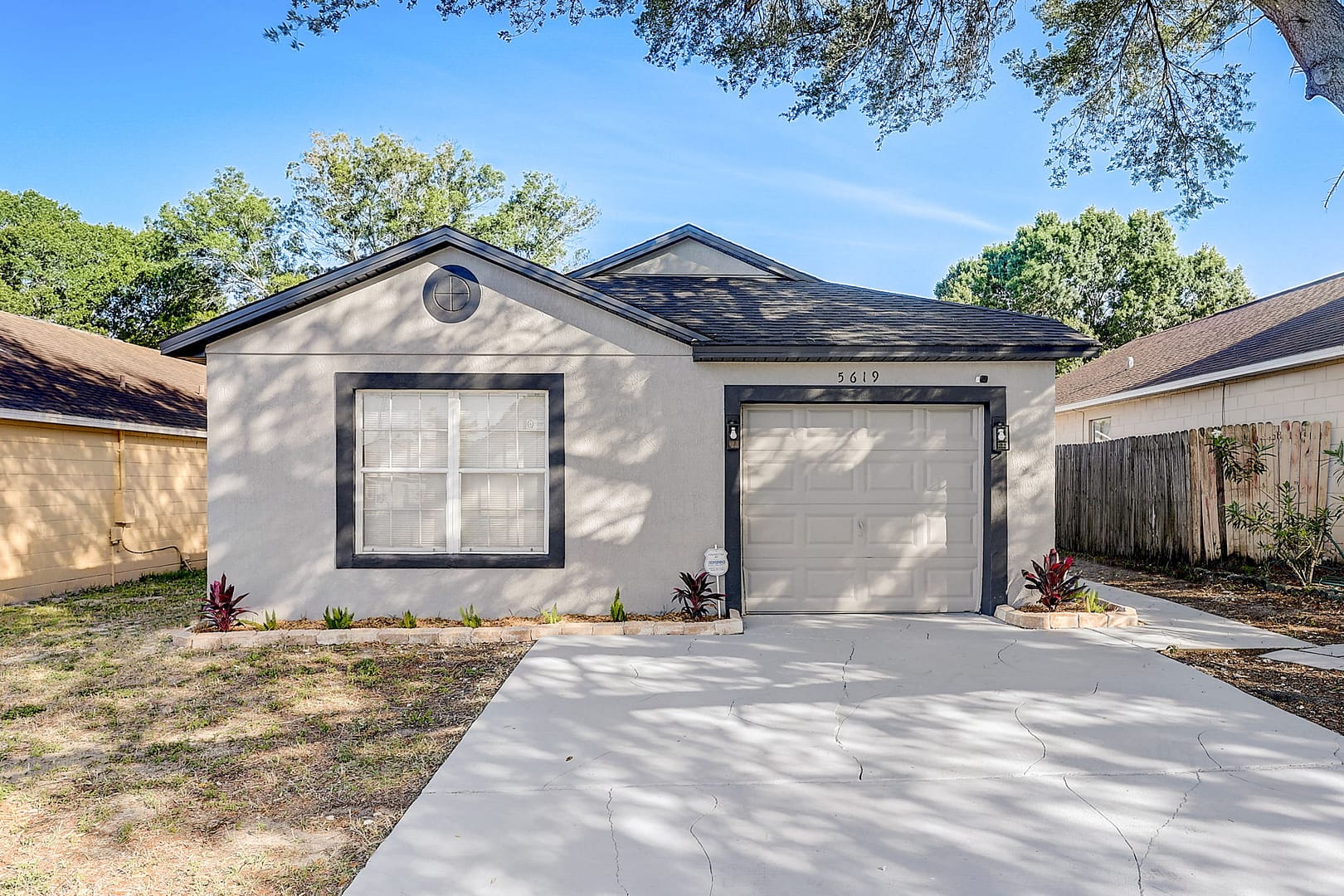Insights from an Orlando Realtor
In the ever-evolving landscape of real estate, financial challenges can arise unexpectedly, pushing individuals to explore alternative options to mitigate their losses. Two common routes often considered are short sales and filing for bankruptcy. As an Orlando Realtor with a wealth of experience, I am here to shed light on the key differences between these approaches, offering insights into their implications, benefits, and potential drawbacks. Let’s dive into the intricacies of short sales and bankruptcy, helping you make informed decisions when faced with tough financial situations.
Understanding Short Sales and Bankruptcy: The Basics
Short Sale:
A short sale occurs when a homeowner decides to sell their property for less than the outstanding mortgage balance. The lender’s approval is crucial in this process, as they ultimately decide whether to accept the lower amount. Short sales are often pursued when the homeowner faces financial distress, such as job loss, medical bills, or an unforeseen economic downturn. The goal is to avoid foreclosure and minimize the credit impact while allowing both the homeowner and the lender to find a resolution.
Bankruptcy:
Bankruptcy is a legal proceeding designed to provide individuals or businesses with relief from overwhelming debt. There are different types of bankruptcy, with Chapter 7 and Chapter 13 being the most common for individuals. Chapter 7 involves liquidating assets to pay off debts, while Chapter 13 involves creating a repayment plan over several years. Filing for bankruptcy provides an opportunity to discharge or restructure debts, offering a fresh financial start.
Benefits of Short Sales:
- Control over the Sale: In a short sale, the homeowner retains some control over the sale process, selecting the buyer and negotiating terms to some extent. This control can lead to a smoother transition and potentially better terms.
- Less Impact on Credit: While a short sale still affects credit scores, it generally has less severe consequences than a foreclosure or bankruptcy. This can enable quicker recovery and future financial stability.
- Potential to Avoid Deficiency Judgment: In a short sale, if the lender agrees to accept less than the owed amount, the homeowner may be able to avoid a deficiency judgment. This legal action allows the lender to pursue the homeowner for the remaining balance after a foreclosure.
Drawbacks of Short Sales:
- Complexity and Approval: Short sales involve intricate negotiations with the lender, which can lead to delays and uncertainties. Lender-approval is crucial, and the process can take longer than traditional real estate transactions.
- Limited Control over Timeline: Despite some control over the sale process, homeowners often have limited influence on the timeline, which can be frustrating in time-sensitive situations.
Benefits of Filing for Bankruptcy:
- Immediate Relief: Filing for bankruptcy provides an automatic stay, which halts creditor actions, including foreclosure proceedings. This can offer immediate relief and time to assess financial options.
- Debt Discharge or Restructuring: Bankruptcy allows for the discharge or restructuring of debts, providing a pathway to a fresh start without the burden of overwhelming financial obligations.
- Holistic Approach: Bankruptcy addresses a wide range of debts, including credit cards, medical bills, and unsecured loans, offering a comprehensive solution to financial distress.
Drawbacks of Filing for Bankruptcy:
- Credit Impact: Filing for bankruptcy has a substantial impact on credit scores and can remain on credit reports for years. This may affect future borrowing opportunities and interest rates.
- Loss of Assets: Depending on the type of bankruptcy filed, individuals may need to liquidate certain assets to repay creditors, potentially leading to the loss of property.
- Legal Complexity: Bankruptcy involves legal proceedings and documentation, requiring the expertise of an attorney. This can lead to additional costs and complexities.
Navigating the Decision: Orlando Realtor’s Perspective
When faced with the decision between a short sale and filing for bankruptcy, it’s crucial to consider your unique financial situation, goals, and the specific circumstances that led to your current position. Consulting with professionals, including real estate agents, financial advisors, and attorneys, is invaluable in making an informed choice.
For Short Sales:
- Consult an Experienced Realtor: Engage with a seasoned Orlando Realtor who specializes in short sales. They can guide you through the process, negotiate with lenders, and help you secure the best possible outcome.
- Assess Your Finances: Evaluate your current financial state and determine if a short sale aligns with your goals. Consider how much control you want over the sale process and the impact on your credit.
For Bankruptcy:
- Legal Guidance: Enlist the services of a knowledgeable bankruptcy attorney who can assess your financial situation and guide you through the legal proceedings. This ensures compliance with the complex legal requirements.
- Long-Term Financial Strategy: Understand that bankruptcy is a significant step that affects your financial trajectory. Work with financial advisors to create a plan for rebuilding credit and securing a stable financial future.
In Conclusion

Navigating financial challenges is a daunting task, but with the guidance of professionals and a clear understanding of your options, you can chart a path toward stability. Both short sales and bankruptcy offer avenues for relief, each with its own set of benefits and drawbacks. As an Orlando Realtor, I encourage you to carefully weigh your choices, seek advice from experts, and make a decision that aligns with your financial goals and aspirations for a brighter future. Remember, informed decisions pave the way for brighter tomorrows, no matter the challenges you face today.













